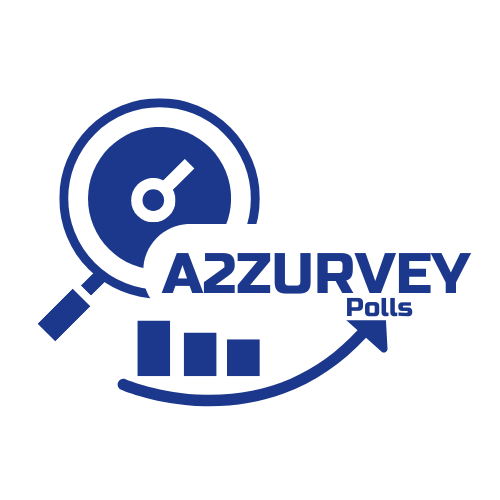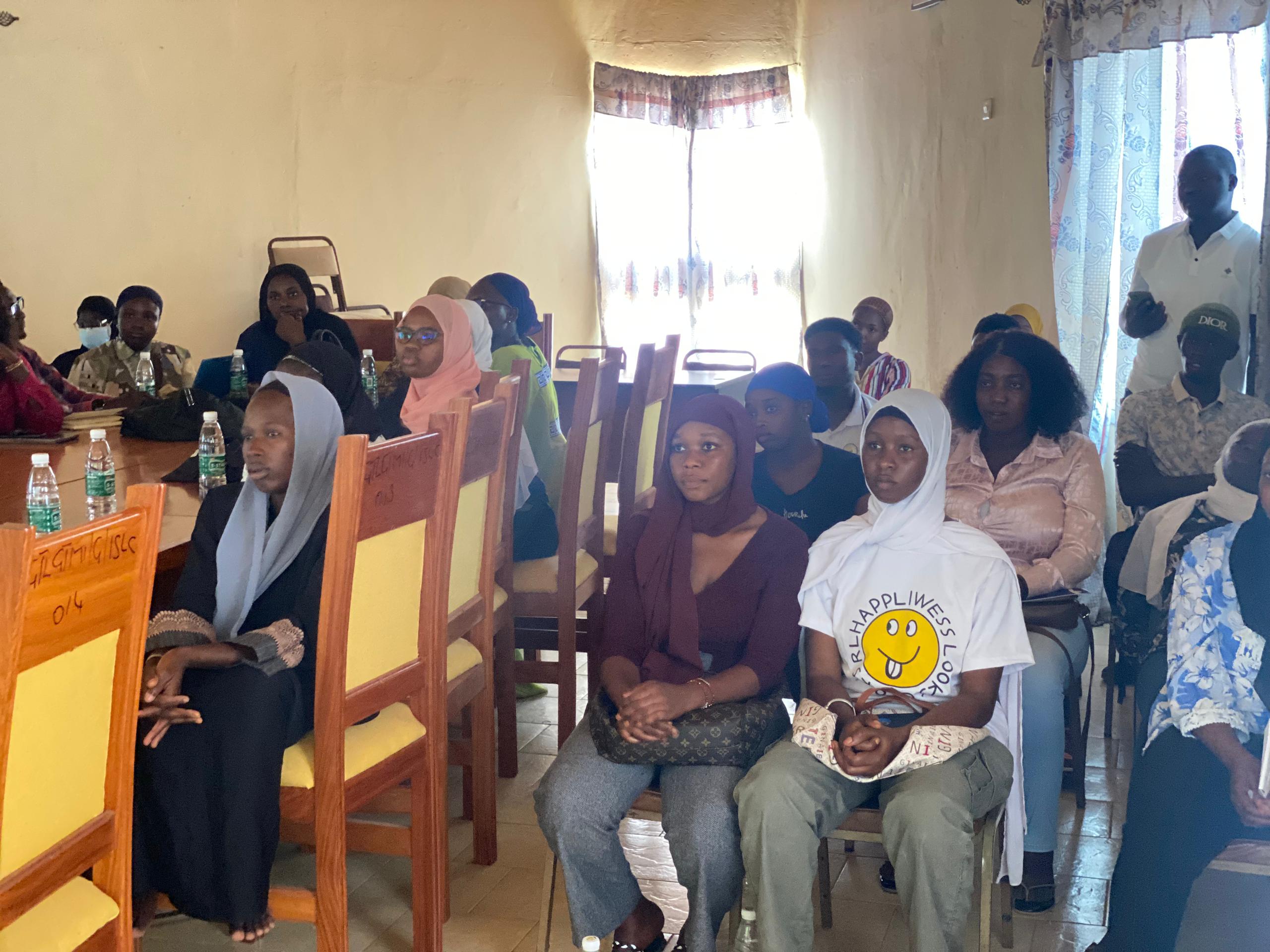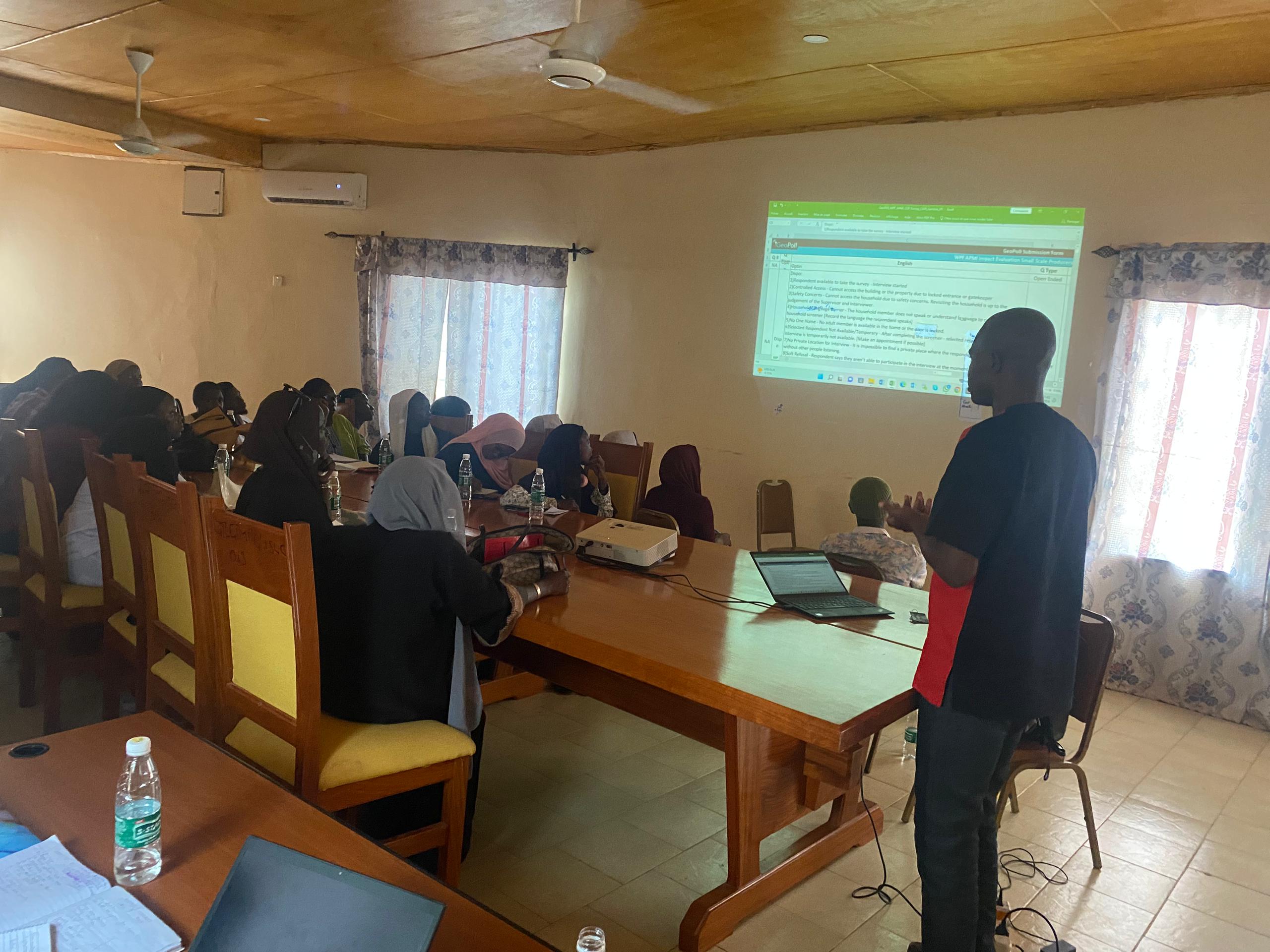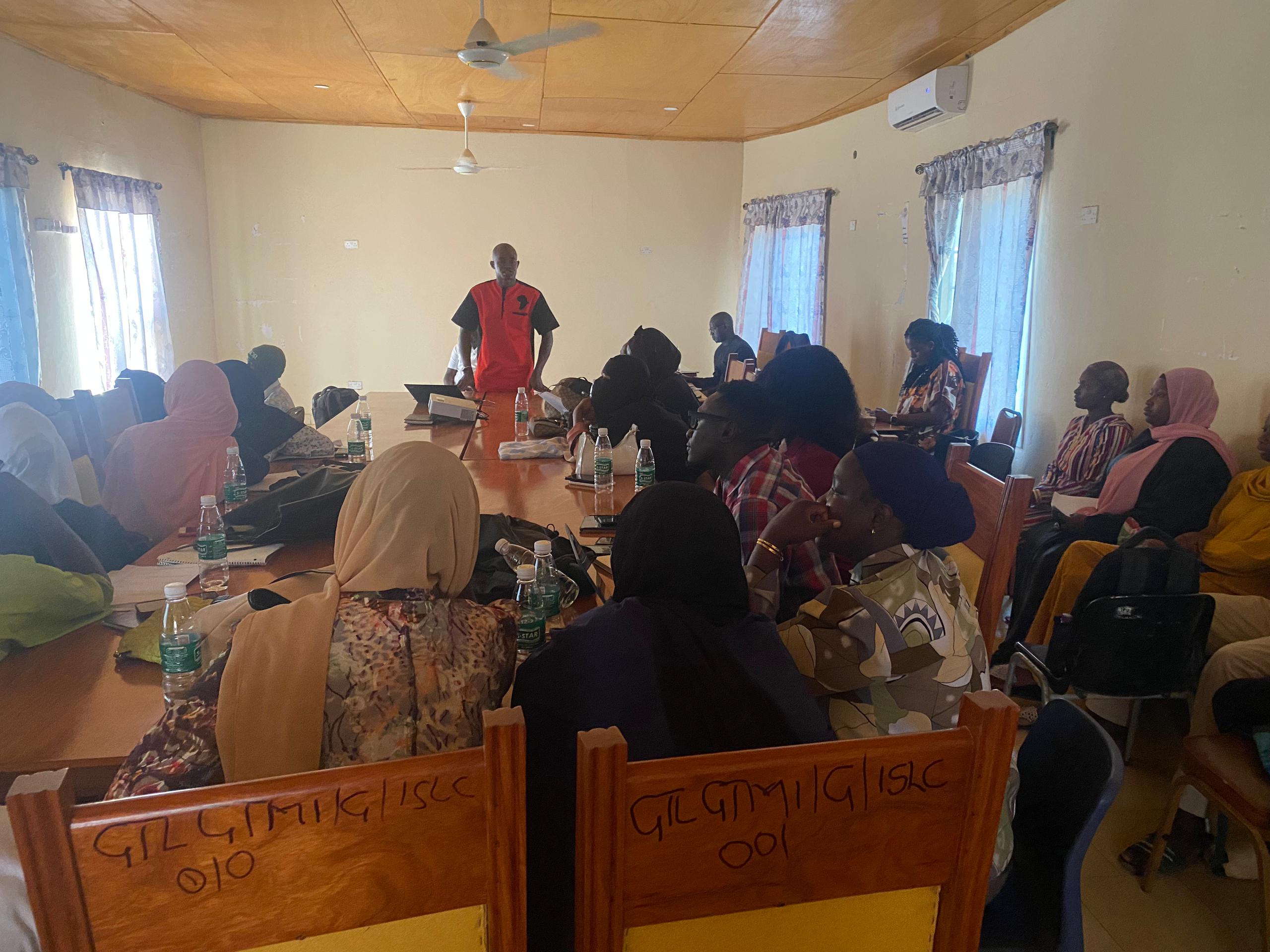Projects
Case Studies
The Poultry Multiplication Initiative Brooder Unit Project
The WPF_APMI Brooder Units Survey was conducted to understand how households in The Gambia utilize poultry, the resources they use in rearing poultry, and how poultry rearing relates to household income and nutrition. The study targeted small-scale poultry farmers, including those managing brooder units and those involved in small-scale production, to gather comprehensive data on poultry rearing practices.
Survey Design
Sample Size and Selection
Total Sample Size: 1,500 respondents, including 150 brooder unit operators and 1,350 small-scale production farmers. A stratified random sampling method was employed to ensure representation from different categories of poultry farmers. The sample was divided into two groups: brooder unit operators and small-scale production farmers. Participants were selected based on predefined criteria to ensure a balanced representation of the target population.
Data Collection Tools
A structured questionnaire was developed in collaboration with WPF to capture data on poultry usage, resource allocation, income, and nutritional outcomes. Field enumerators used tablets equipped with CAPI software to administer the survey. This allowed for efficient data capture and real-time synchronization with the central database.
Data Collection Process
Fieldwork was conducted over a period of four weeks across various regions in The Gambia. Enumerators were trained extensively on the survey objectives, ethical considerations, and the use of CAPI technology. Data collection was closely monitored to ensure compliance with survey protocols.
Data Analysis
Digital Transformation B2B Study - Gambia
This study aimed to understand the impact of digitalization on businesses in The Gambia, focusing on how technological adoption is transforming B2B operations. The objective was to gather insights from industry leaders on the current state of digital transformation within their organizations.
Survey Design
The survey was designed as a Face-to-Face (F2F) study, ensuring high-quality data collection through personal interviews. Scripted links were provided for the offline data collection process, allowing enumerators to capture responses accurately and efficiently.
Sample Size and Selection
Respondent Type: Managers and above in B2B sectors.
A selective sampling approach was employed to target senior executives with insights into their company’s digital transformation journey. Respondents were chosen based on predefined criteria such as job title and company revenue.
Data Collection Tools
Structured questionnaires were used to gather comprehensive information on digitalization practices within organizations. Each questionnaire included specific patterns to tailor questions based on respondents’ answers, ensuring relevance. The survey was 15-18 minutes long, allowing enough time to delve into key aspects of digital transformation.
Data Collection Process
Fieldwork was carried out over a period of 4 days using a Face-to-Face approach across key business hubs in The Gambia. Given the nature of the B2B audience, emphasis was placed on securing high-level engagements with decision-makers. Field teams were well-trained to navigate sensitive business environments and ensure high response quality. This project involved 100% Personally Identifiable Information (PII), with mandatory collection of company names, respondent job titles, and company revenue data. Strict adherence to data privacy regulations ensured the secure handling of all collected information.
Data Analysis
Office
Serrekunda, Banjul, The Gambia
Hours
Mon-Sat: 8am – 7pm
Sun: Closed
Call Us
Gambia: (+220) 356-3454
WhatsApp: (+220) 745-7942
Japan: (+81) 8044197740
USA: +1 (646) 575-9871




